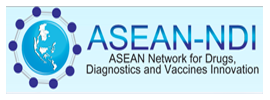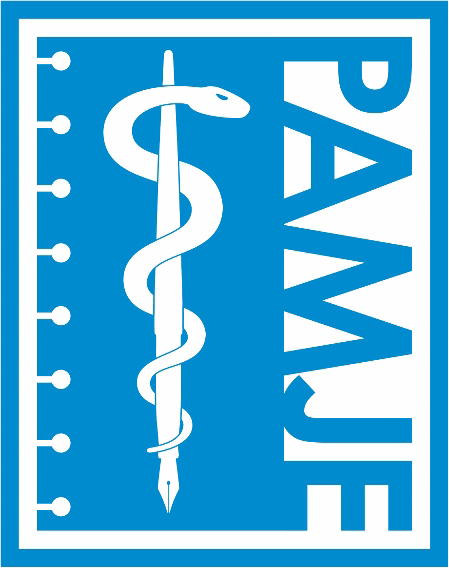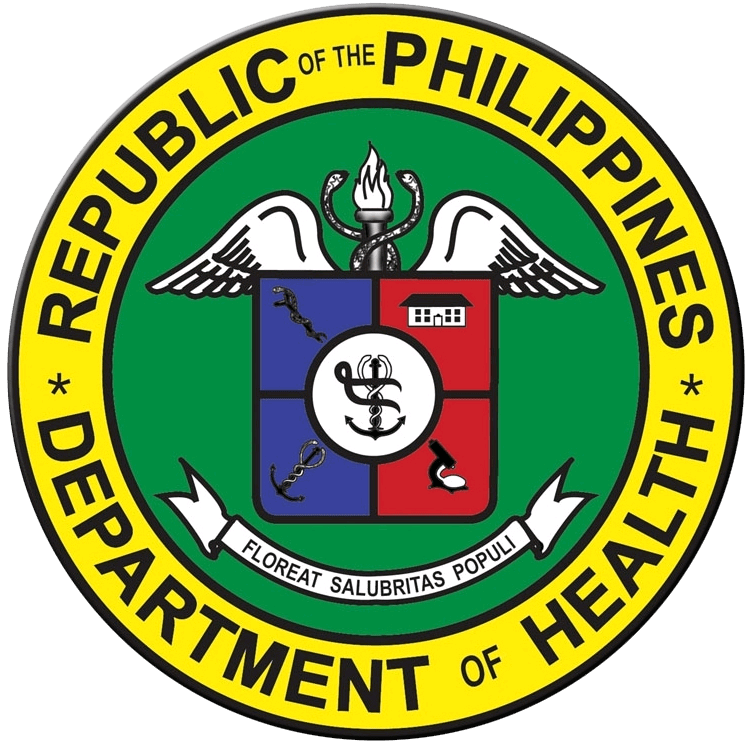LEGAZPI CITY, May 29 (PIA) -- The Department of Health (DOH) Bicol has convened health practitioners and stakeholders to ensure preparedness and efficient response against potential epidemic in the region.
DOH assistant secretary Nestor F. Santiago stressed on the need for strengthened partnership between the government and the community to effectively implement health programs and ensure readiness against potential health risks.
"There is a need to strengthen and sustain community partnership, particularly among barangay officials and health workers, to effectively implement government programs,” Santiago said during the Regional Neglected Tropical Diseases (NTD) and Emerging and Re-emerging Infectious Diseases (EREID) Summit held last week at La Edley Resort here.
“Our barangay officials and health workers have a big role to ensure that we are prepared to response to potential health risks and challenges,” Santiago added.
DOH Bicol OIC director Dr. Napoleon Rivera likewise urges local barangay officials to be fair and inclusive in giving and in implementing health services and programs for their constituents.
“Once you win as barangay official, you must serve not only the people who voted you but the whole barangay as well,’ Rivera said.
Rivera further urged local officials to not just remove barangay health workers (BHWs) due to personal or political reasons, noting the long and difficult process of becoming an accredited BHW.
“Do not remove BHWs just because they did not vote you or replace them with those who supported you during the election. Our BHWs have been accredited and the process is long and difficult,” Rivera said.
“Accreditation of BHWs requires approval of the local health board and mandatory training and study,” he added.
Rivera cited the NTD and EREID Summit as an activity to increase awareness, establish preparedness and ensure efficient government response to prevent and control spread of potential epidemic in the region.
Among the topics discussed are global and national updates on neglected tropical diseases, food and water-borne diseases (FWBD), emerging and re-emerging infectious diseases (EREID), dengvaxia risk communication and implementation of zero open-defecation (ZOD) program of the DOH.
Theodora Cecille Magturo, FWBD national coordinator, noted the need for separate sewage and drainage water systems as a better solution to FWBDs as compared to old combined systems as water sources can be contaminated especially during rainy seasons.
Dr. Lulu Santiago, EREID program regional coordinator, cited proper hygiene and sanitation in preventing the spread of infectious diseases such as measles, flu, tuberculosis and animal diseases that can be transmitted to humans.
DOH Bicol environmental and sanitation program coordinator Engr. Connielyn Ramirez discussed the ZOD program which aims to change household’s behavior on open defecation and widen awareness of communities on the risk of not having sanitary toilets.
Ramirez cited that in the Bicol region 23.40% of households have no sanitary toilets as of 2017. Masbate is among the provinces in the country with high number of households without sanitary toilets. (SAA-PIA5)
SOURCE: http://pia.gov.ph/news/articles/1008471










